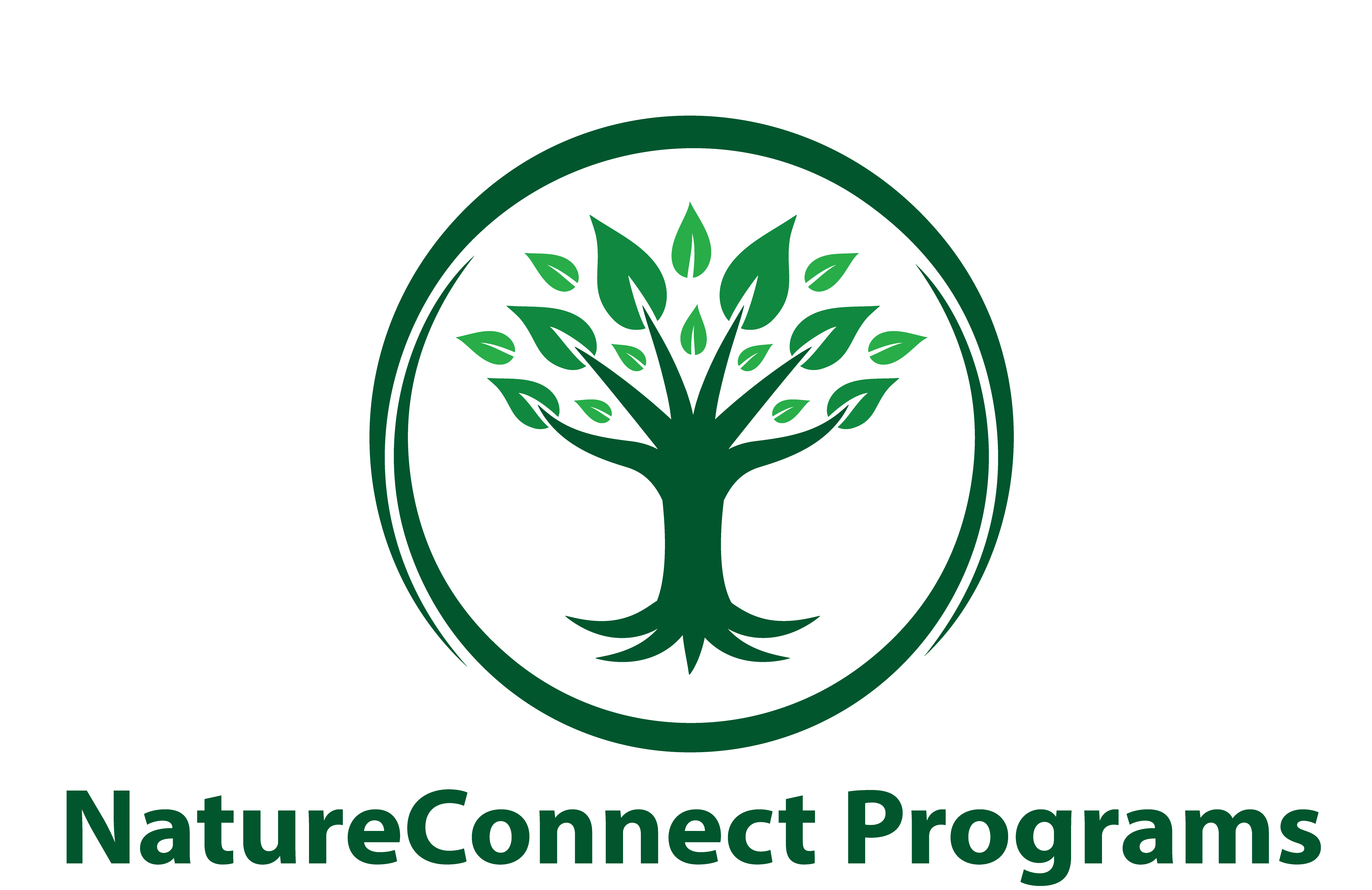On the 28 May I attended a conference organised by the Uniting Church in North Parramatta around the psychological effects of the threat of the Climate Emergency (CE). It was an innovative, positive gathering of like-minded people concerned about our future and searching for ways to cope effectively. I delivered a workshop there which introduced my NatureConnect Program as a coping strategy to help people deal with negative states of mind, whether these originate from personal or global issues.
Climate emergency has and will increase the psychological burden of many, many people already finding it difficult to deal with their own difficult life situations. Mental health, social welfare and economic statistics indicate that a significant number of people are struggling and suffering well beyond their coping capacities. While they are concerned about the future, they are either caught in their habits of mind and not so effective coping approaches, or too stressed to be able to deal with the threats and/or actions needed to deal with CE.

As the effects of the CE bite harder in people’s minds, hearts and daily lives, many more people will become more directly destabilised, traumatised and overwhelmed with negative states of mind. Constant negative states overwhelms our capacities to cope and renders us passive. Too many will gravitate to, or turn to their existing, negative coping strategies such as wilful denial, (fatal) complacency, social/issue withdrawal, voting for politicians who resist responding to CE (protecting their self-interest), self-centred or narcissistic behaviours, excess consumption, addiction to drugs, alcohol, escape into virtual realities, even to self-harm and suicide.
All of these negative strategies lead to or reinforce the disconnection that many people feel, whether it be from community, nature and higher life purpose and meaning. Without the lived experience of deep connection and meaning, without a way to not be overwhelmed by negativity, most people become lost in a sea of myopic, disengaged private suffering or survival consciousness. This passive, withdrawn or angry, aggressive state of mind undermines their desire and capacity to adapt and be resilient in the face of increasing threats, fears and discontent, let alone transform their inner and outer lives.
The association between destructive, ineffective coping approaches, stress and well-being helps to explain the current tsunami of mental and physical diseases and conditions. Along with the rise of other environmental and technological threats, this trend can only get worse. Anxiety and depression for example affect millions of Australians of all ages and that increasing trend will continue. Suicide rates in certain demographics are increasing. Inflammatory-based diseases account for around seven of the top ten disease killers.
So how can we help people in need cultivate a resilient inner life to cope, adapt and be empowered? This is especially crucial for climate change activists fighting for effective action – how can they truly sustain an effective campaign if their inner life is being eaten away? Any solution must involve treating each person as a whole, not as a person with an issue or incapacity or attitude or blockage. We must help them tap into the inherent power of their own mind, heart and spirit to transform their sense of self – awareness, consciousness and identity – to one that is grounded in a deep sense of wholeness, hope and self-agency.
We need to encourage those searching for greater life meaning and a stable, nourishing inner life in a world in turmoil that they do have agency to cultivate a more harmonious and resilient inner life to better cope with personal and global threats and issues. We need to as a society to support them. In essence, we need to help them cultivate their inner life in order to sustain the outer work of effective responses and personal flourishing. Too often mental health strategies focus on cognitive, pharmaceutical based strategies and solutions at the expense of ignoring how to nourish the individuals journey towards wholeness (more on wholeness in another blog).
The NatureConnect Program is a strategy based on nourishing the journey to wholeness by helping participants to transform their awareness, consciousness and sense of self. It can be viewed as a transformative approach for enriching and nourishing their inner life to re-enchant not just their perceived world but their actions within it. Given that our consciousness is the primary creator and interpreter of our experienced reality, the regular practice of NatureConnect sessions offers a way, as Mahatma Gandhi exhorted, to become the change we wish to see in the world.
Natureconnect, in my experience of personal practice over 12 years and feedback from group sessions over 10 years, offers a powerful, nature-based way of developing inner calm, deep connectedness and mental resilience, all crucial psychological traits for preparing for and adapting to CE. Resilience provides an inner resource to effectively adapt to difficult personal and collective conditions and navigate the negative emotions and mental states while remaining engaged, empowered and fully functional in daily life.
While we as individuals cannot fix the causes of humanity’s disconnect, disregard and destruction of our natural world, we can rise to the challenges climate emergency poses in a way that effectively helps us cope more effectively, and flourish. The NatureConnect program is a comprehensive coping strategy. While we need to immediately employ the technological, political and social tools to effect fundamental change, we must not forget to empower our inner life to sustain the outer actions required to be resilient and deeply connected AND be of service to others and our Earth in some small but meaningful way.

